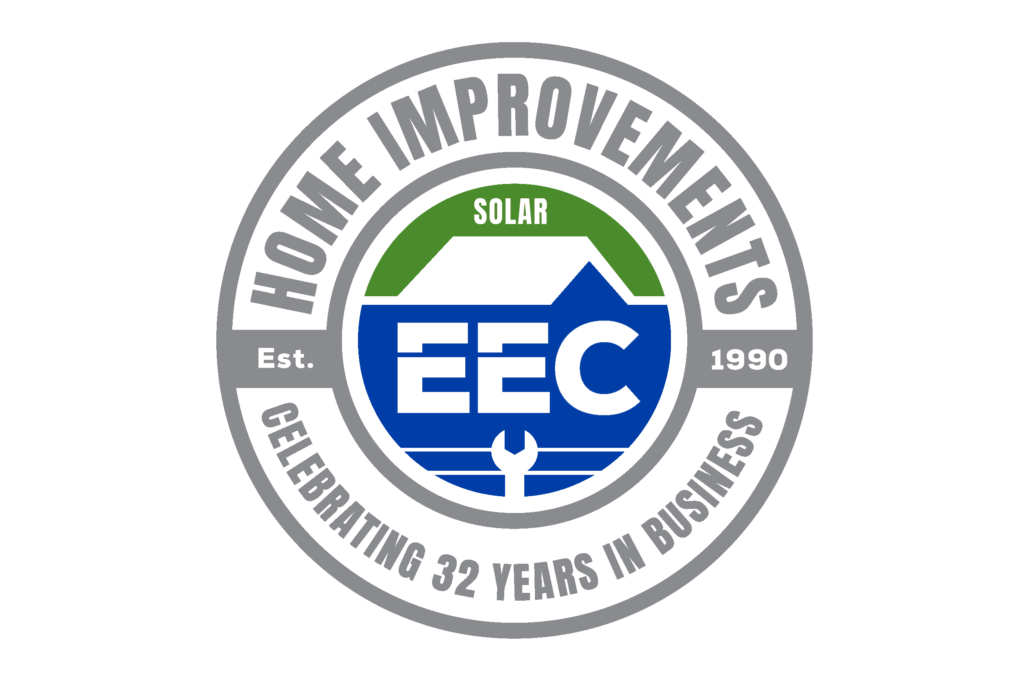The Effect of Changing Your Router on Your Solar PV and Battery System: What You Need to Know
As more homes and businesses switch to using solar photovoltaic (PV) systems and batteries to reduce their carbon footprint and increase energy efficiency, it is important to consider the potential impact of making changes to your network infrastructure, such as changing your router. In this blog, we will explore the ways in which changing your router can affect your solar PV and battery system and what you can do to minimise any potential impact.
Power Requirements
One of the most important factors to consider when changing your router is its power requirements. Routers typically require a stable and consistent power supply to function properly, and if the voltage or frequency of the power supply is not within the specifications required by the router, it can result in issues such as slow internet speeds or disconnection.
Solar PV systems and batteries typically use a DC voltage, which can vary depending on the state of charge of the battery and the amount of sunlight being received by the solar panels. To ensure that your router continues to receive a stable and consistent power supply, it is important to use a UPS (uninterruptible power supply) or a battery backup system with surge protection built in.
Heat Generation
Routers can generate a lot of heat during operation, and if they are located in an area with high temperatures, it can cause them to overheat and shut down. This can be a particular problem in areas with high ambient temperatures, such as in a sunny location with a solar PV system. To avoid this issue, it is important to ensure that your router is located in a well-ventilated area, and that it is kept away from direct sunlight.
Protection from Power Surges and Voltage Spikes
Solar PV systems and batteries can sometimes generate voltage spikes that can damage your router. To protect your router from these surges, it is important to use a surge protector or a battery backup system with surge protection built in. This will ensure that your router continues to function properly and efficiently, even in the event of a power surge or voltage spike.
Compatibility with Solar Inverter
In addition to considering the power requirements of your router, it is also important to consider its compatibility with your solar inverter. Some routers may not be compatible with the inverter used in your solar PV system, which can result in issues such as slow internet speeds or disconnection. To ensure that your router is compatible with your solar inverter, it is important to consult the manufacturer’s specifications or consult with a professional, such as EEC Solar.
To conclude, changing your router can have an impact on your solar PV and battery system, but by taking a few simple precautions, you can minimise any potential impact. By using a UPS or battery backup system with surge protection built-in, ensuring that your router is located in a well-ventilated area, using a surge protector, and checking for compatibility with your solar inverter, you can ensure that your router continues to provide you with a reliable and stable internet connection, even when using these technologies.
How do I reconnect my Solar PV system?
See video for Solis reconnection guide.



